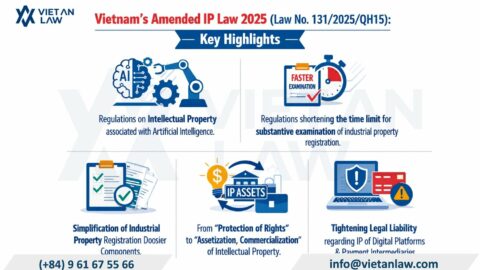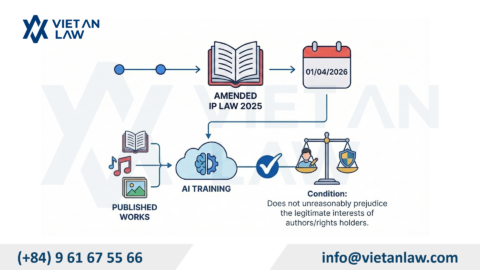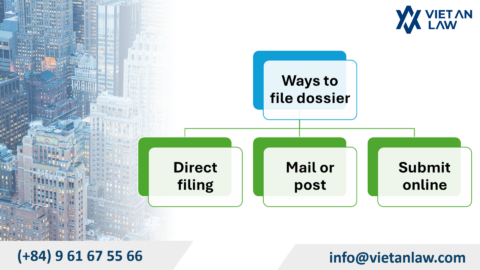The protection of trade secrets in New Zealand plays a core role in maintaining the competitive advantage of businesses. Proprietary information such as recipes, production processes, new technologies or sensitive market information are valuable intangible assets that need to be strictly protected. By protecting trade secrets, businesses not only strengthen their position in the market, attract investment, but also build a professional and reliable brand image in the eyes of customers and partners. At the same time, the protection of trade secrets also contributes to creating a healthy business environment, encouraging creativity and innovation, and preventing unfair competitive practices. Viet An Law would like to guide customers on how to protect trade secrets in New Zealand through the article below.
Table of contents
Trade secrets are information of exclusive commercial value, which is not made public. They can include formulas, manufacturing processes, data, methods, and even unique manufacturing processes that cannot be patented.
Good examples of trade secrets are Google’s search algorithm, Coca-Cola formula, and The New York Times’ method of compiling bestseller lists.
Patents are a form of legal protection for new inventions. In New Zealand, a patent is registered at the Office of Intellectual Property and grants the inventor the exclusive right to manufacture and trade the invention for a certain period of time, usually 20 years. After this time, the invention became public property, which anyone could use.
To obtain a patent, the inventor must disclose details about how the invention works. This means that you can’t keep your invention completely secret if you want to be protected by a patent.
However, not all inventions are eligible for patents. Formulas, software, methods, and merely information are not usually protected by patents.
In these cases, trade secrets are an option. By keeping important information private, you can protect your intellectual property rights without having to make technical details public. For example, the Coca-Cola formula has been protected as a trade secret for more than a century.
In conclusion, patents and trade secrets are two different instruments of intellectual property protection, each with its own advantages and disadvantages. Choosing the right form of protection depends on the characteristics of your invention and your business goals.
Disclosure of confidential information
Unauthorized use of confidential information
Unfair competition
Breach of contract
Unlike patents, trade secrets in New Zealand do not have a formal form of registration. Therefore, the most effective way to protect this proprietary information is:
In addition, to enhance security, businesses can take the following measures:
In conclusion, protecting trade secrets is an ongoing process that requires investment and commitment from the business. By combining the above measures, businesses can minimize the risk of theft of important information and protect their competitive interests.




